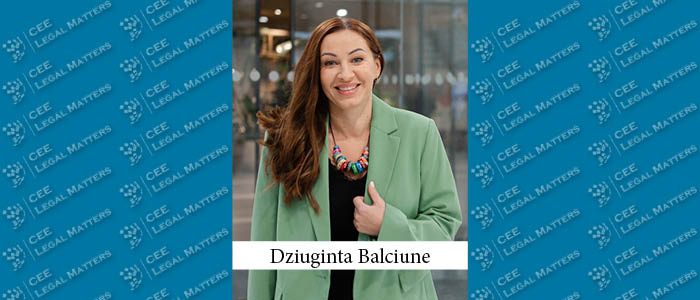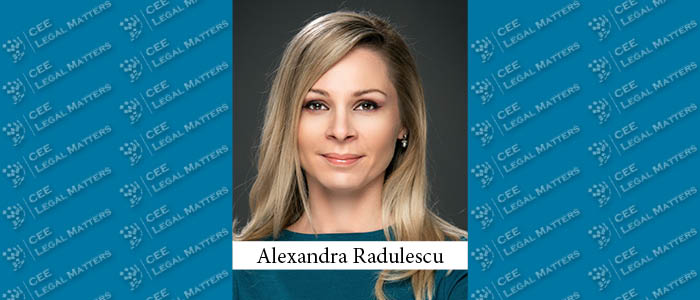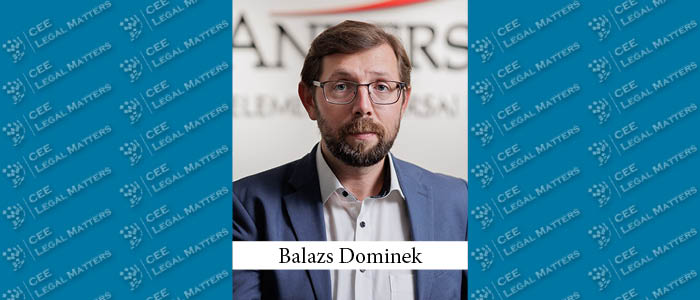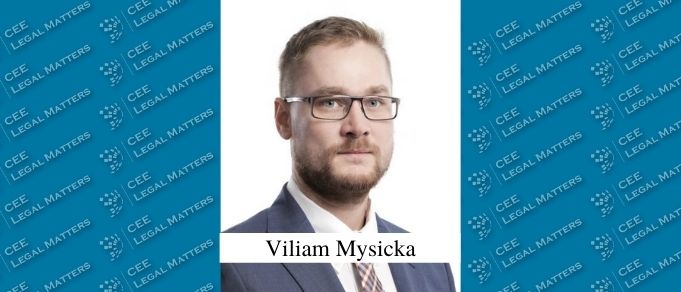The Baltic region, comprising Lithuania, Latvia, and Estonia, boasts an emerging public capital market facilitated by the unified securities trading platform – the Nasdaq Baltic Stock Exchange.
Serbia: Navigating Capital Markets – Overcoming Challenges while Striving Toward Rebirth
The economic sector of the Republic of Serbia, including the capital market, offers a telling reflection of the global market’s challenges and some regional specifics. Despite periods of uncertainty and stagnation, Serbia’s capital market maintains signs of vitality and potential for growth.
Issues Raised by the ANPC During Thematic Inspections of Real Estate Developers
The National Authority for Consumer Protection (ANPC) recently organized thematic controls of real estate developers of residential projects to verify their compliance with the legal provisions on consumer protection.
Enhancing Workplace Harassment Regulations: An Examination of Romania’s Latest Legislative Efforts
Workplace harassment is a global issue that undermines the dignity of people and the productivity of employers. Recognizing the need for firm legislative measures, Romania has legislated significant changes to create a safer and more equitable work environment. A key development is the 2023 Methodology for Preventing and Combating Gender-Based and Moral Harassment at Work (Methodology), approved by Government Decision No. 970 on October 12, 2023. This article examines the content of this methodology, its integration with international legal instruments such as the ratification of the 2019 ILO Convention No. 190, and the recent adoption of the EU Whistleblowers’ Directive.
The Life Sciences Industry in Romania: State of Play and What We Can Further Expect
Life sciences in Romania, encompassing pharmaceuticals, biotechnology, and medical devices, is a sector marked by both significant challenges and promising opportunities. As the country continues to integrate into the European Union’s regulatory and economic frameworks and as those frameworks evolve and become more complex, Romania faces the constant task of aligning its local industry with European and international standards. This alignment is crucial for fostering innovation, ensuring public health, and attracting foreign investment. The industry’s growth is influenced by many factors, such as financing, pricing and reimbursement, regulatory compliance and product liability, and sustainable public procurement tools and processes.
Increase in the Number of Investigations Concerning Fraudulent Use of EU Public Funds
The European Public Prosecutor’s Office (EPPO) is an independent body of the European Union (EU) tasked with investigating criminal cases infringing the financial interests of the EU. The EPPO was formally established in 2017 and started operations in 2021. The first and current head of the European Chief Prosecutor is Laura Codruta Kovesi, former Chief Prosecutor of the National Anticorruption Directorate (Directia Nationala Anticoruptie; DNA), the Romanian agency tasked with investigating corruption cases.
The Debrief: June, 2024
In The Debrief, our Practice Leaders across CEE share updates on recent and upcoming legislation, consider the impact of recent court decisions, showcase landmark projects, and keep our readers apprised of the latest developments impacting their respective practice areas.
Guest Editorial: A Decade-Long Journey Through the CEE Legal Landscape
Ten years have passed since the day I picked up my diploma and embarked on my professional journey as a lawyer. Right from the start, I’ve been working for law firms deeply rooted in the region, offering continuous opportunities to collaborate with colleagues from different areas, engage in cross-border projects throughout CEE, share experiences, and, most importantly, observe the landscape in which we operate. While the past decade has shaped my own growth, it’s also been – in my view – a period of remarkable transformation for lawyering in CEE.
Oil & Gas in CEE: A CEE Legal Matters Round Table
On February 29, 2024, energy experts from Bulgaria, Croatia, Moldova, Turkiye, and Ukraine sat down for a virtual round table moderated by CEE Legal Matters Managing Editor Radu Cotarcea to discuss the key developments in the field of oil & gas over the past few years.
The Corner Office: Client Relationship Dealbreakers
In The Corner Office, we ask Managing Partners at law firms across Central and Eastern Europe about their backgrounds, strategies, and responsibilities. While in the legal field maintaining client relationships is vital, there are occasions when law firms must end engagements. To explore some of the reasons that might lead to this, we asked: After accepting mandates, what have been the main reasons for which you ended up having to drop clients?
Looking In: Markus Perkams and Alex Hogarth of Addleshaw Goddard
In our Looking In series, we talk to Partners from outside CEE who are keeping an eye on the region (and often pop up in our deal ticker) to learn how they perceive CEE markets and their evolution. For this issue, we sat down with Addleshaw Goddard Partners Markus Perkams from Frankfurt and Alex Hogarth from London.
Hungary’s Automotive Sector: Keeping an Eye on the Road
Heralded as a cornerstone of the national economy, the Hungarian automotive sector faces significant challenges but also promising opportunities. Baker McKenzie Partner Zoltan Hegymegi-Barakonyi, Lakatos, Koves & Partners Partner Adam Mattyus, Szecskay Senior Partner Judit Budai, and Kinstellar Sector Head and Senior Counsel Akos Nagy take a deep dive into the sector’s status amidst a backdrop of labor shortages, geopolitical shifts, and the government’s concerted efforts to continue growth and maintain global competitiveness.
Inside Insight: Sandor Zorad of MET Group
After eight years with the MET Group, Legal Director Sandor Zorad reflects on the company’s path to international expansion.
Know Your Lawyer: Balazs Dominek of Szabo Kelemen & Partners Andersen Attorneys
An in-depth look at Balazs Dominek of Szabo Kelemen & Partners Andersen Attorneys covering his career path, education, and top projects as a lawyer as well as a few insights about him as a manager at work and as a person outside the office.
New Government, New Priorities in Slovakia
Following the recent election in Slovakia, the newly formed government has shifted its legislative focus. CLS Cavojsky & Partners Partner Peter Cavojsky and Taylor Wessing Partner Andrej Leontiev explore how the government’s priorities have changed in terms of public spending, criminal justice reform, and relations with non-governmental organizations.
Navigating New Terrain: Slovakia’s Judicial Reform
Slovakia has undertaken a comprehensive reform of its court system. Peterka & Partners Partner Andrea Butasova and Ruzicka & Partners Partner Sarlota Stosova explore the ambitious restructuring and its consequences, the challenges encountered during its implementation, and its far-reaching implications for legal professionals and the justice system of Slovakia.
Inside Insight: Marcela Augustinic of DM Drogerie Markt
With a background in international law firms, Marcela Augustinic transitioned to become the first general counsel at DM Drogerie Markt in Slovakia, where she has been serving for the last eight years. Augustinic shares her strategies for balancing internal and external legal resources to tackle emerging regulatory challenges and drive sustainable growth in the ever-evolving market.
Know Your Lawyer: Viliam Mysicka of Kinstellar
An in-depth look at Viliam Mysicka of Kinstellar covering his career path, education, and top projects as a lawyer as well as a few insights about him as a manager at work and as a person outside the office.

































